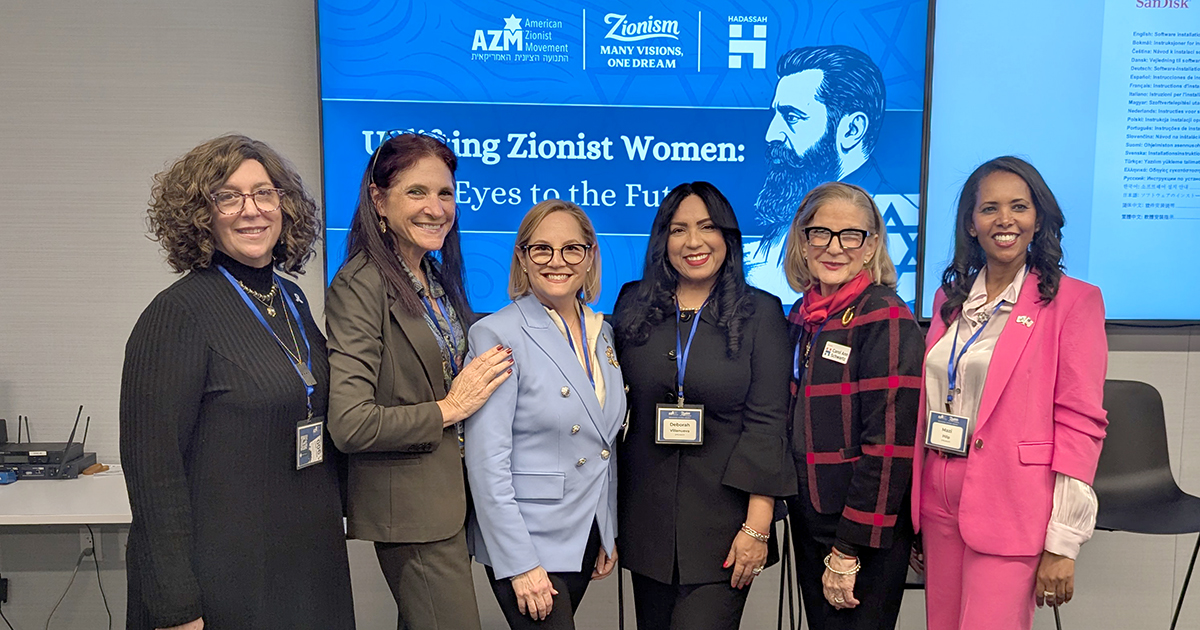In a risky and delicate in-utero procedure performed for the first time in Israel, an interdisciplinary team of Hadassah Medical Organization doctors saved the life of a 28-week-old fetus with a severe heart defect. In a procedure similar to an adult catheterization, the aorta was widened. The team included Prof. Azaria Rein, director of the Pediatric Cardiology Department; Dr. Sagi Gavri, director of pediatric catheterization service; Dr. Yuval Gielchinsky, Head of the Department of Obstetrics Medicine in Ein Kerem; Prof. Simcha Yagel, Director of the Department of Obstetrics and Gynecology; Dr. Nili Yanai, obstetrician and gynecologist, and anesthesiologist Dr. Carolyn Weiniger.
"The mother asked me for an opinion after she was suspected of developing a severe heart defect in her fetus," said Dr. Rein, a world-renowned expert on embryonic heart defects. "The diagnosis was a critical narrowing of the aortic valve, which is also accompanied by severe damage to the function of the left ventricle, which was barely able to contract and perform its function."
The parents knew that without treatment, the left ventricle would likely degenerate and not be able to transfer blood to the baby's body after birth.
The couple chose the catheterization. "In the process of catheterization, under epidural anesthesia for the mother (and the anesthesia of the fetus as well, because we do not want him to feel pain), we inserted a very delicate needle through the mother's abdominal wall — directly to the left ventricle of the embryo's heart."
Dr. Gavri passed a narrow wire through the needle to the aorta, through the valve with a balloon that was inflated in order to enlarge the valve.
Dr. Gielchinsky stresses that the complex and delicate action required maximum concentration and precision, since it is clear that any heart injury might lead to immediate death of the fetus.
This catheterization procedure, known medically as an in-utero balloon valvuloplasty, "is done in a few centers around the world, a few people have performed it. Of course there was great concern, but this case presented us with a medical challenge that needed to be dealt with in an unconventional way."
"The operation went through without complication," said Dr. Gavri. "Immediately after the operation we saw an improvement in blood flow through the valve".
The morning after the operation, the mother and the fetus were feeling well, and in a repeat fetal echocardiography, it appears that the function of the left ventricle in the fetal heart has improved significantly.
Said Dr. Gielchinsky: "We are in a new medical era in the field of embryology and cardiology, which offers not only diagnosis but also prenatal care, which is why it is important to refer pregnant women to embryonic heart. This is the first time that a team of experts in Israel has carried out the complex operation that carries an increased risk to the fetus, but we believe that its success will greatly improve its chances of a healthy and long life after birth."
Read about this surgery in Israel 21c.
Learn more about HMO’s groundbreaking medicine.



.svg)






